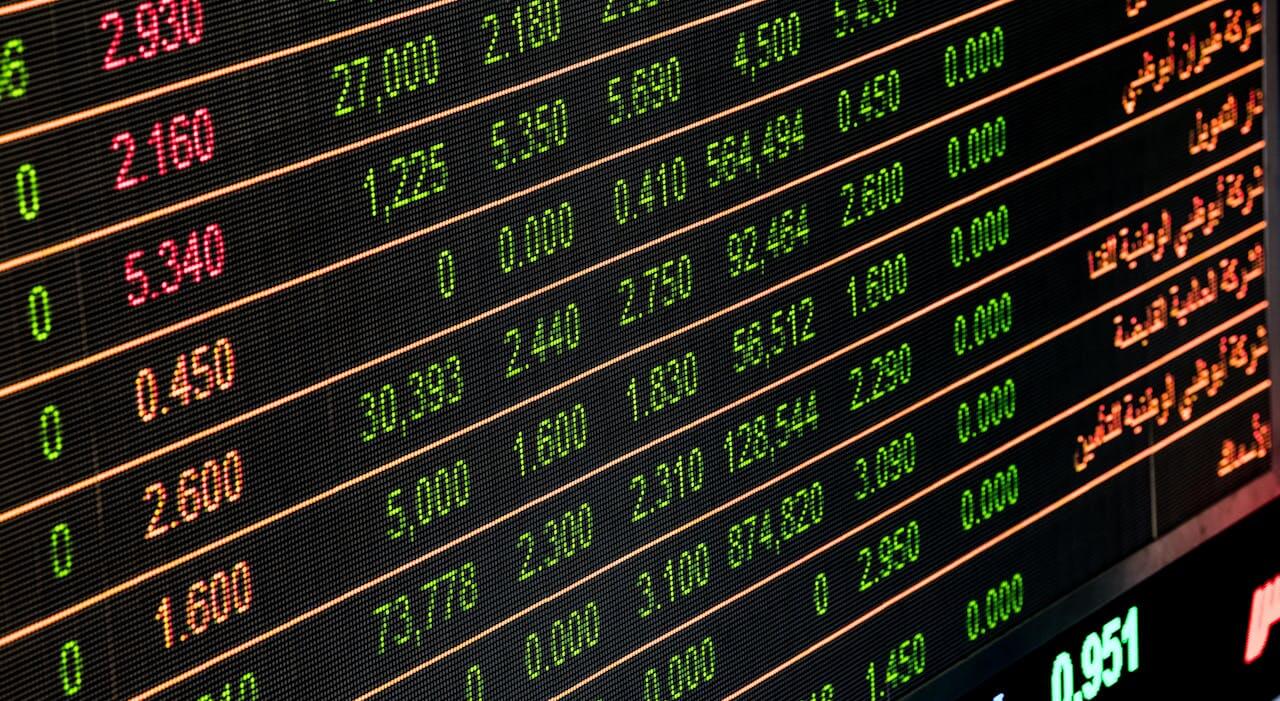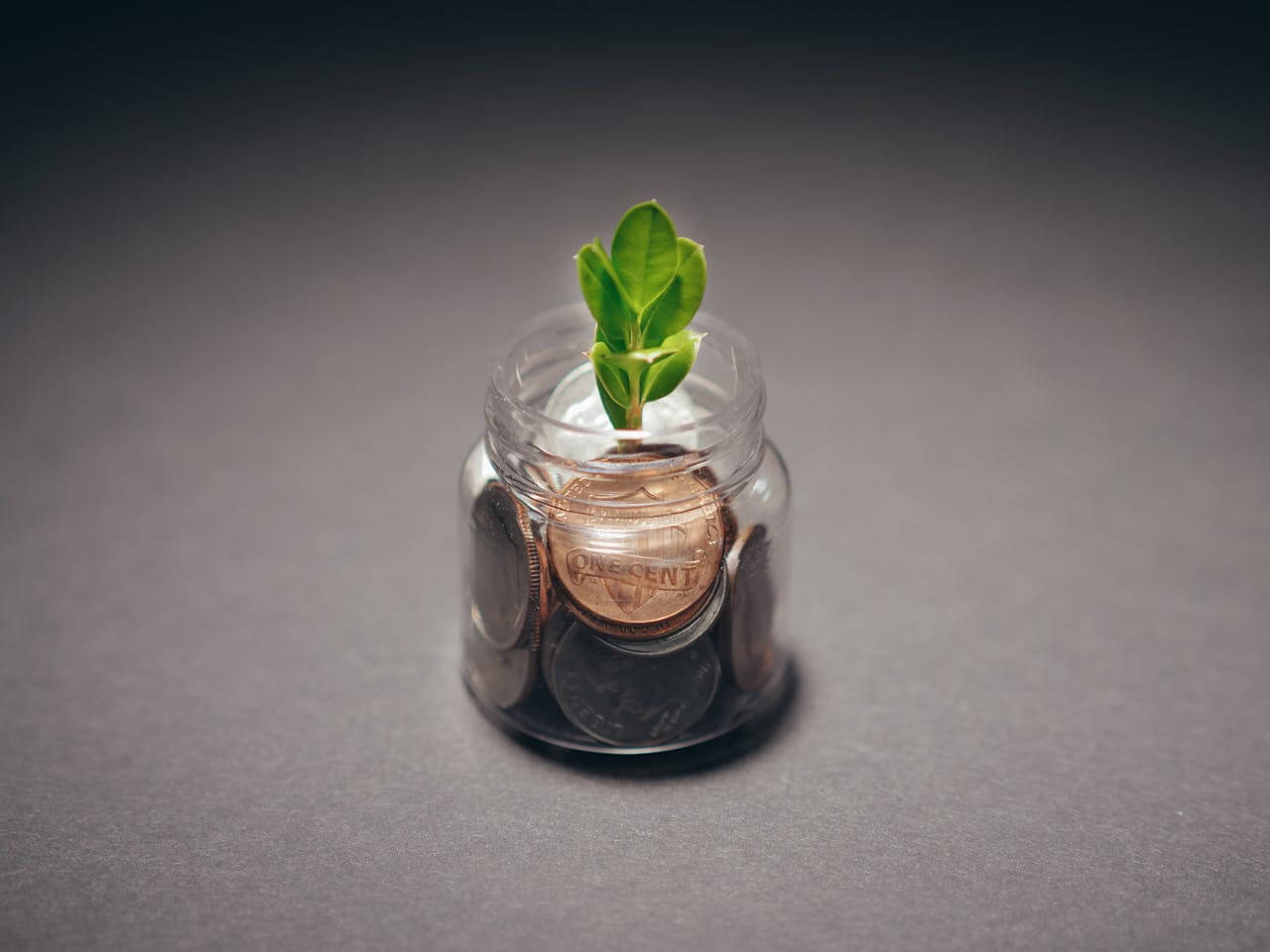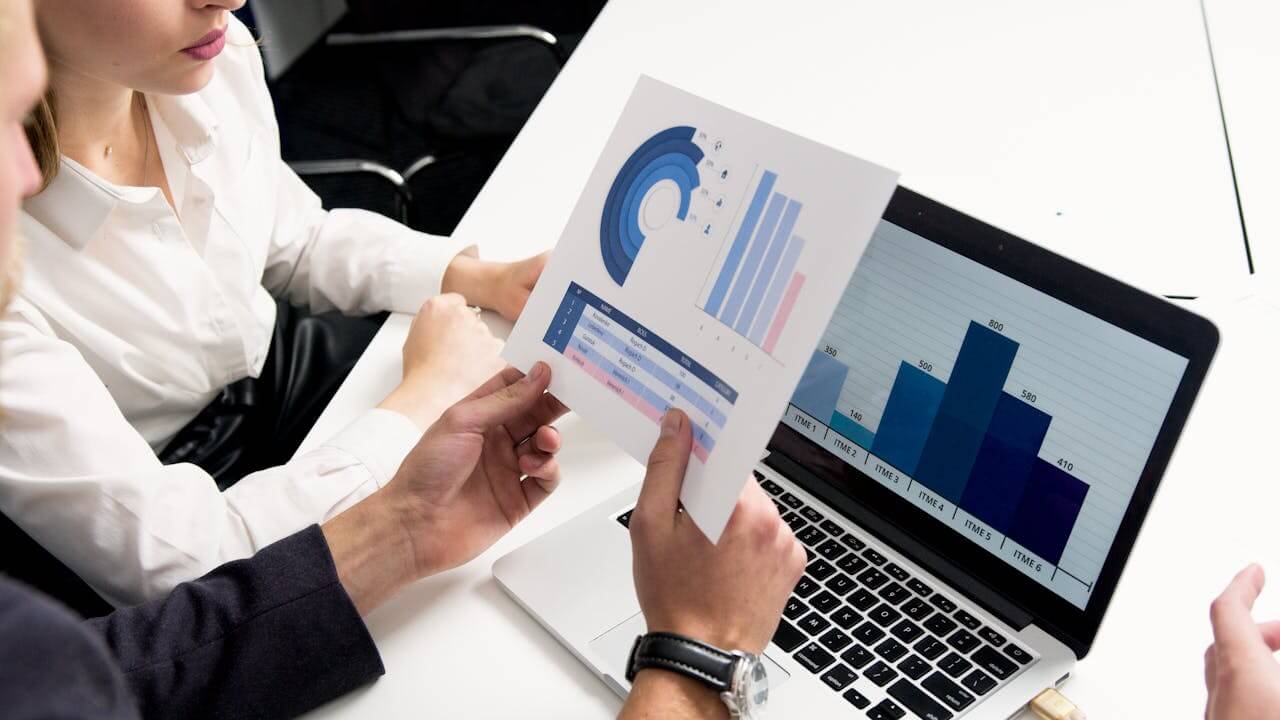Saving vs. Investing: Where Should You Put Your Money in the UAE?

For many residents, the United Arab Emirates represents a land of immense opportunity—a place of thriving commerce, tax-free salaries, and a high standard of living.
This unique financial environment provides a powerful platform for building a secure future.
Yet, with this opportunity comes a critical question that every earner must face: what is the smartest way to manage your surplus income?
The debate of Saving vs Investing UAE is not just a financial query; it is a strategic decision that will shape your long-term wealth and security.
While both are essential components of a healthy financial plan, understanding their distinct roles, benefits, and applications within the UAE context is the first step toward true financial empowerment.
For people who live in the UAE, this guide is meant to make saving and investing less complicated.
We’ll explain what each strategy involves, look at the best options in the area, and give you a clear framework to help you decide how to spend your hard-earned dirhams to reach your life goals, like buying a house in Dubai, paying for your kids’ college or planning a comfortable retirement.
What is Saving? The Foundation of Financial Security
If you want to save money, all you have to do is put it away during the day. This is the most important part of any good money plan.
The main reason to save is not to get rich, but to keep your money safe and make sure you can use it when you need to.
Savings are characterized by three key features:
- Low Risk: The money you save is generally protected from market fluctuations. In the UAE, funds deposited in banks are typically very secure.
- High Liquidity: Liquidity refers to how quickly you can access your money without penalty. Savings are highly liquid, making them ideal for unexpected expenses.
- Low Returns: The trade-off for low risk and high liquidity is low returns. The interest earned on savings often struggles to keep pace with inflation, meaning the purchasing power of your saved money may decrease over time.
When should you prioritize saving?
Saving is non-negotiable for short-term goals and emergencies. Financial advisors universally recommend building an emergency fund that covers three to six months of essential living expenses.
This fund is your first line of defense against job loss, medical emergencies, or unexpected travel, preventing you from derailing your long-term financial goals or going into debt.
Other goals suitable for a savings strategy include:
- A down payment on a car you plan to buy within two years.
- Funding for an upcoming vacation.
- Saving for annual expenses like school fees or insurance premiums.
You might also like: Smart Budgeting Tips UAE Residents Should Know to Stay Financially Ahead
Top Saving Options in the UAE
The UAE’s robust banking sector offers several excellent avenues for savers.
- High-Yield Savings Accounts: Nearly all major banks in the UAE, such as Emirates NBD, Abu Dhabi Commercial Bank (ADCB), and Mashreq, offer savings accounts. Look for “high-yield” or “e-saver” accounts, which typically offer better interest rates than standard accounts, although these rates are variable and subject to change. They offer maximum flexibility and liquidity.
- Fixed Deposits (Term Deposits): For money you know you will not need for a specific period (e.g., six months to five years), a fixed deposit offers a guaranteed, fixed interest rate that is higher than a regular savings account. The longer you lock in your money, the higher the rate. This is a great option for a specific, time-bound goal.
- National Bonds: A popular and unique savings vehicle in the UAE, National Bonds is a Sharia-compliant savings and investment scheme owned by the Investment Corporation of Dubai. Instead of a fixed interest rate, your profits are based on the performance of the Mudarabah pool. A key attraction is its extensive rewards program, which includes regular prize draws for millions of dirhams, cars, and other valuables. According to National Bonds, their scheme is designed to encourage a savings culture by offering both potential profits and life-changing prizes. This makes it a compelling alternative to traditional bank accounts.
What is Investing? Making Your Money Work for You
If saving is about protecting your money, investing is about growing it. Investing involves using your capital to purchase assets with the expectation that they will generate income or appreciate in value over time. It is the engine of wealth creation.
Investing is characterized by:
- Higher Risk: All investments carry some level of risk, including the potential loss of the principal amount. The higher the potential return, the higher the risk.
- Potential for Higher Returns: The primary reason to invest is to earn returns that significantly outpace inflation, allowing your wealth to grow in real terms.
- Longer Time Horizon: Investing is a long-term game. To ride out market volatility and benefit from growth, you should only invest money that you will not need for at least five years.
The most powerful force in investing is compound interest, which Albert Einstein reportedly called the “eighth wonder of the world.” It is the process where you earn returns not only on your initial investment (the principal) but also on the accumulated returns from previous periods.
Consider a simple example: If you invest AED 10,000 and earn an average annual return of 8%, after the first year, you’ll have AED 10,800. In the second year, you earn 8% on AED 10,800, not just the original AED 10,000.
Over decades, this effect can turn a modest sum into a substantial fortune.
The greatest threat to saved money is inflation. The UAE’s economy, while stable, experiences inflation like any other.
If the annual inflation rate is 2% and your savings account pays 1% interest, your money’s real purchasing power has actually decreased by 1%. The real return on your money can be calculated with the formula:
Real Return Rate≈Nominal Interest Rate−Inflation Rate
Investing is the most effective tool to combat inflation and ensure your financial future is not eroded over time.
A Head-to-Head Comparison: The Saving vs. Investing UAE Dilemma
Understanding when to save and when to invest comes down to your personal financial goals, time horizon, and risk tolerance. The choice is not necessarily one over the other; rather, it is about finding the right balance for your situation.
Here is a clear comparison to guide your decision:
Here’s your updated **Saving vs. Investing** table with a **consistent green header**, alternating row colors, and a clean modern style—just like the previous ones:
“`html
| Feature | Saving | Investing |
|---|---|---|
| Primary Goal | Capital preservation, financial safety | Wealth creation, capital appreciation |
| Risk Level | Low to negligible | Varies (low to high) |
| Potential Return | Low, often below inflation | Potentially high |
| Time Horizon | Short-term (under 5 years) | Long-term (5+ years) |
| Liquidity | High (easy access to cash) | Generally lower (can take time to sell) |
| Best For | Emergency fund, short-term goals | Retirement, education, wealth building |
Your financial goals are the ultimate compass.
- Goal: Build an emergency fund. Action: Save. Use a high-yield savings account for immediate access.
- Goal: Save for a house down payment in Dubai in 3 years. Action: Save. A fixed deposit or National Bonds could be ideal to earn a slightly better return without market risk.
- Goal: Plan for retirement in 25 years. Action: Invest. A diversified portfolio of stocks, bonds, and real estate is necessary for long-term growth.
- Goal: Fund your child’s university education in 15 years. Action: Invest. The long time horizon allows you to take on calculated risks for higher returns.
Navigating the Investment Landscape in the UAE
The UAE offers a dynamic and increasingly accessible investment landscape for residents, both expats and nationals. Here are some of the most popular avenues:
- Stocks and Equities: You can invest in companies listed on local exchanges like the Dubai Financial Market (DFM) and the Abu Dhabi Securities Exchange (ADX), which host major regional players like Emaar Properties and First Abu Dhabi Bank.
Furthermore, many local and international brokers in the UAE provide seamless access to global markets like the NYSE and NASDAQ, allowing you to invest in titans like Apple, Google, and Amazon. For beginners, Exchange-Traded Funds (ETFs) are an excellent starting point, as they offer instant diversification by holding a basket of stocks.
- Real Estate: Property has long been a favored asset class in the UAE, particularly in Dubai and Abu Dhabi. Investing in real estate can provide two sources of return: rental income and capital appreciation.
The government’s pro-investment policies, including long-term residency through the Golden Visa for property investors, add to its appeal. For instance, to be eligible for a 10-year Golden Visa through real estate, an investor must have a property worth at least AED 2 million, as per the official UAE Government portal.
However, real estate is a significant commitment and requires thorough research into market trends. Reports from consultancies like JLL or Knight Frank can provide valuable insights into rental yields and market forecasts.
- Mutual Funds: For those who prefer a hands-off approach, mutual funds are an excellent choice. These are professionally managed funds that pool money from many investors to invest in a diversified portfolio of stocks, bonds, or other assets. Banks and financial institutions across the UAE offer a wide range of mutual funds, including Sharia-compliant options that adhere to Islamic finance principles.
- Bonds and Sukuk: Bonds are essentially loans made to a government or corporation, which pays you interest over a set period. They are generally considered less risky than stocks. In the UAE, a popular alternative is Sukuk (Islamic bonds). Unlike conventional bonds, Sukuk represent ownership in an underlying tangible asset, making them compliant with Sharia law. They offer a stable income stream and are a cornerstone of ethical and Islamic investing.
Creating Your Personal Financial Strategy: It’s Not “Or,” It’s “And”
The most effective financial strategy for most people is not a choice between saving and investing but a blend of both. A logical approach is to build your financial house on a solid foundation before adding the upper floors.
Think of it as a financial pyramid:
- The Base (Protection): This is your foundation. It consists of your emergency fund (3-6 months of expenses) held in a liquid savings account and adequate insurance coverage (health, life). This layer must be fully built before you move up.
- The Middle (Growth & Stability): Once your base is secure, you can start building wealth. This layer involves a diversified portfolio of medium-risk investments aligned with your long-term goals. This could include real estate, mutual funds, and blue-chip stocks.
- The Top (Speculation): This is the smallest part of your portfolio and should only contain money you can afford to lose. It is for high-risk, high-reward investments like individual growth stocks, cryptocurrencies, or angel investing.
Before you invest a single dirham, perform an honest self-assessment of your risk tolerance. Are you someone who would panic and sell during a market downturn, or can you stomach volatility for the sake of long-term growth? Your answer will help determine your ideal asset allocation.
You might also like: The Ultimate Checklist: How to Start Investing in the UAE Stock Market
Saving vs Investing UAE: Taking Control of Your Financial Future
The discussion around Saving vs. Investing UAE ultimately leads to a clear conclusion: a successful financial life requires both.
Saving provides the stability and security to navigate life’s uncertainties, while investing provides the growth necessary to build substantial wealth and achieve your most ambitious long-term goals.
You should start the planning process by writing down your goals, figuring out how long you have to reach them, and setting yourself up financially with an emergency fund.
Once you get there, you can use the UAE’s strong business climate to make your money work for you.
By being fair and well-informed, you can turn your income in the Emirates from a short-term boost into a source of long-term financial security.







